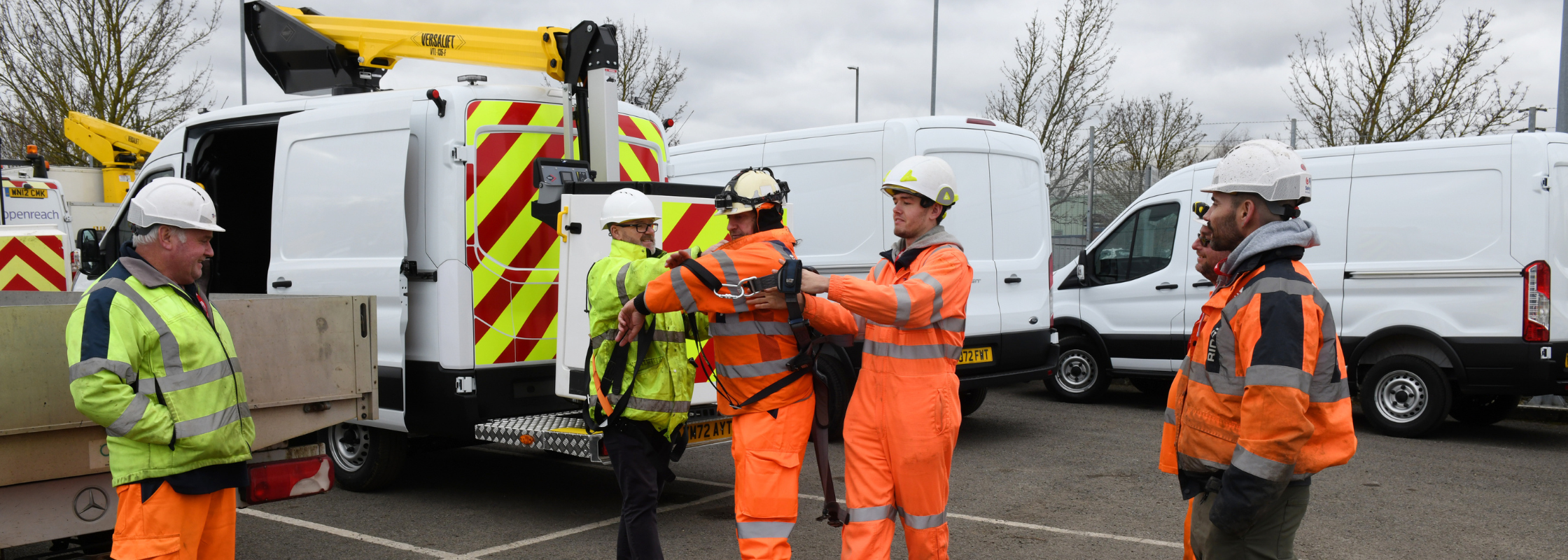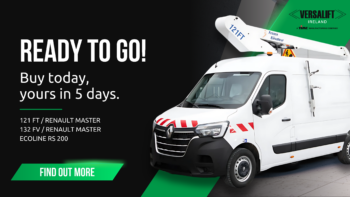What Training Do You Need To Operate A MEWP?
Within the Powered Access Industry, MEWP training is essential and highly recommended. IPAF MEWP operator training promotes safety and efficiency when using your access platform, and there are several categories based on the type of equipment you wish to operate. But what does iPAF training cover? What can you expect on the day?
What is IPAF training?
IPAF is the International Powered Access Federation, offering globally recognised training programmes. The training is provided by an instructor at an iPAF-approved training centre. iPAF allows employers to keep their employees safe and compliant, in line with health and safety regulations.
They have various programmes to cover a range of work platforms.
What type of training do I need?
The IPAF Operator Courses teach candidates to safely and productively operate a MEWP without prior training. There are different categories of operator training, depending on the type of equipment:
- Static Vertical (1a)
- Static Boom (1b)
- Mobile Vertical (3a)
- Mobile Static (3b)
The most common type is the 1b category, covering the use of a static boom, which is the type of boom that Versalift offers. Categories 3a and 3b, which cover scissor lifts and mobile booms, are also highly sought after. The iPAF course teaches the correct procedures for setting up and operating MEWPs.
What can I expect on a training day?
Most training lasts all day with a small group, approximately 7.5 hours for one category, with the day split into theory and practical. It is possible to complete the theory from home via e-learning too.
This is a general overview of a training day-
- Introduction: your trainer would give you an introduction to the course, explaining what will be covered in the course.
- Pre-Test: before you go into learning the theory behind MEWP safety and operation, your instructor will give you a pre-test to gain an idea of your current knowledge.
- Theory: lessons on health and safety, pre-use inspection, accident prevention, maintenance, manual handling, PPE (Personal Protective Equipment), Working at Height Regulations, and more relating to the correct procedures.
- Post-Theory Test: you will be tested on everything you have learnt, and you must have received 80% on the test to pass, and move onto the practical portion. The exam is available to complete in multiple languages.
- Practical: you will be shown how to appropriately set up and operate the cherrypicker, and you will gain hands-on practice with the access platform. With the practical training, you must demonstrate to your instructor that you can safely prepare, operate, and reach a specific height to pass.
What happens once I have passed?
Upon passing both the practical and theory components, you will be issued a PAL Card (Powered Access License) for operating a MEWP. A PAL Card is valid for five years and recognized in 51 countries. It displays your assessment and expiry date, as well as the training categories you are certified in. Before it expires, you should take a renewal test and provide evidence of experience. If not renewed before expiration, re-training and re-testing are required.
What other training is available?
Additional training categories include a harness training course, a safe loading and unloading course, and a demonstrator’s course. You can also opt for a PAL+, which is an additional day of training tailored for operators working in challenging environments.
When you prioritise comprehensive training, you can maximise your team’s safety and productivity. The importance of comprehensive training can’t be overstated, as it reduces the risk of accidents, and foster a culture of safety and responsibility.


